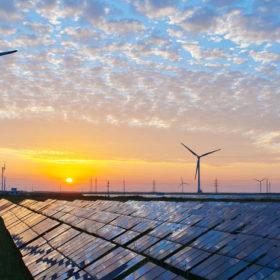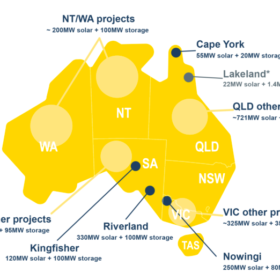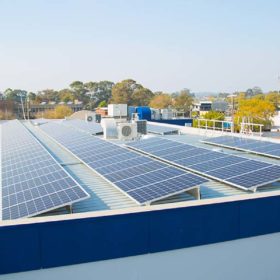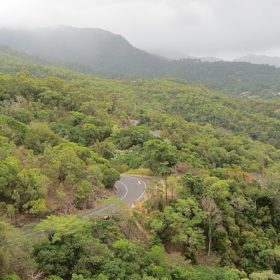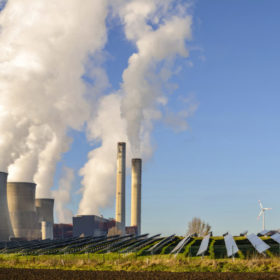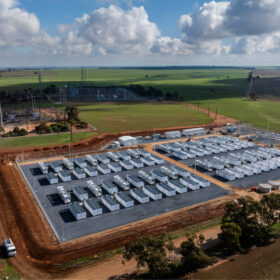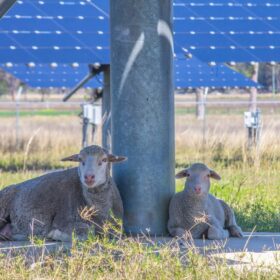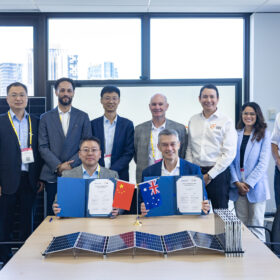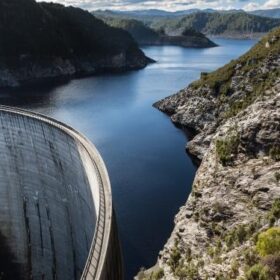Solar transforms NEM supply mix displacing coal
The latest figures from the Australian Energy Market Operator (AEMO) show that solar continues to eat into the share once firmly held by coal on the back of a dramatic increase in installations over the past 12 months. The trend was backed by energy storage facilities which continued to gain foothold as providers of frequency control and ancillary services, lowering overall costs in the first quarter of 2019.
NSW school pioneers renewable PPA to cut power bills
Echoing a growing appetite for corporate renewable power purchase agreements in Australia, Ascham School has become the first school in New South Wales to ink a long-term deal with commercial electricity retailer Flow Power.
Lyon Group places solar and battery storage units into administration
The Brisbane-based solar and storage developer has placed Lyon Solar, Lyon Battery Storage and Lyon Infrastructure Investments 1 into voluntary administration after being embroiled in a court case over a wind up notice issued by one of its investors.
Bank Australia switches to 100% renewable electricity
Only a month after it signed up to the global initiative RE100, Bank Australia has announced it made the switch to 100% renewable electricity one year ahead of its 2020 target.
Australia’s first solar to hydrogen-based microgrid gets nearly $1 million in federal funding
A grant of nearly $1 million has been announced for a 100% renewable energy project which will see the World Heritage-listed Daintree Rainforest reduce its reliance on diesel fuel to generate power.
Battery storage market will be worth $13 billion by 2023
Analyst Globaldata says falling system prices, and the need for more resilient grids and favorable policies, continue to fire the energy storage industry around the globe and the Asia-Pacific region is likely to remain the biggest market.
Coal mining museum powered by solar PV and battery storage
In a powerful demonstration of Australia’s energy transition, the Victorian State Coal Mine, a tourist attraction in the coastal town of Wonthaggi, is now powered by a solar and battery storage system.
China confirms FIT level payments – but they will be ‘subject to competition’
The Beijing authorities have confirmed the payment levels to be made according to type of project and region from July onwards but an auction process will be involved so the figures are for guidance only. No decision has yet been made on the 30 GW of capacity added since the end of May.
Garnaut sets out vision for Australia’s emergence as post-carbon energy superpower
Climate Change Review author and economist Ross Garnaut’s has argued that decarbonising Australia’s electricity sector will result in cheaper power, a more reliable grid, and will set up the nation to emerge as a “superpower of the post-carbon world.” Garnaut concludes that Australia could be powered by 100% renewables by the early 2030s – driven by PV.
Renewable energy will surpass coal in the US this month and next
The volume of U.S. electricity generated by renewable energy is set to surpass the level sourced from coal for the first time this month and the trend is expected to continue in May, according to Department of Energy data.
